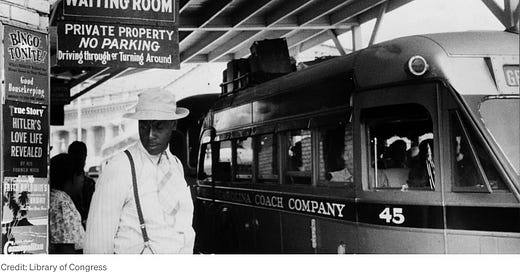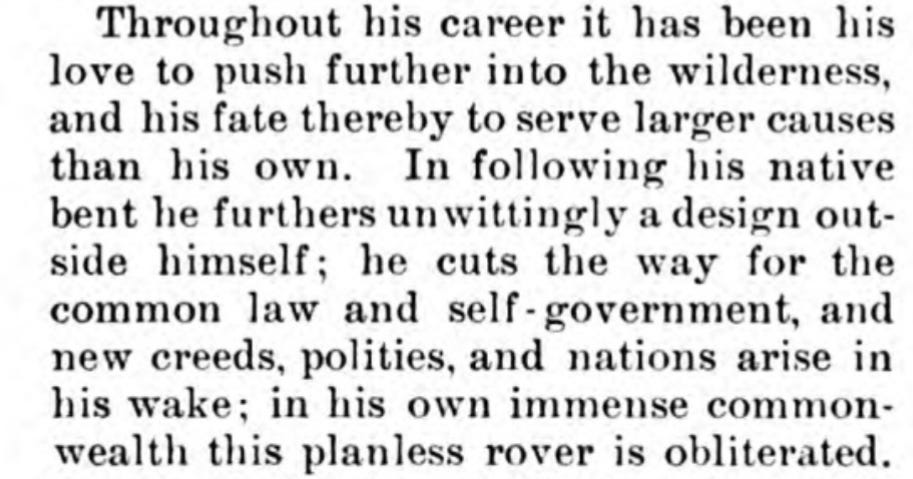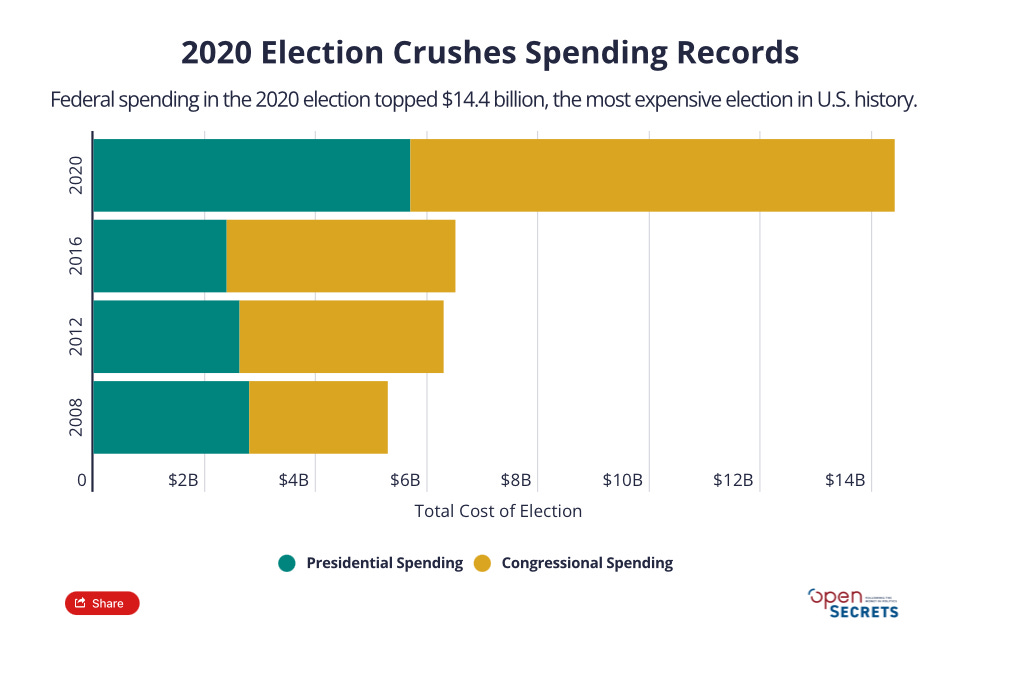The Date: 1845
The Scene: France, England, and Mexico battle the Stripes and Stars for Territory
“…[W]hosoever may hold the balance, though they should cast into the opposite scale all the bayonets and cannon, not only of France and England, but of Europe entire, how would it kick the beam against the simple, solid weight of the two hundred and fifty, or three hundred millions–and American millions–destined to gather beneath the flutter of the stripes and stars, in the fast hastening year of the Lord 1945!” (John L. O’Sullivan, “Annexation,” The United States Magazine and Democratic Review, Volume 17 [New York: 1845], 5-6, 9-10.)
The year of our Lord 1845 exploded in the U.S. when the convective oven of freedom lit in 1787 reached maximum temperature and broke apart.
The Lord put pressure on tectonic plates roiling in the simmering heat of its political history along a fault line, the Mason-Dixon line, that would slip in 1860, tearing the union in two, the North and the South, the free and the enslaved.
In the editorial quoted above, John O’Sullivan fast forwarded imaginatively to 1945, predicting a happy family of Americans gathered together in a garden somewhere perhaps from sea to shining sea, frolicking under the flag. Unfortunately, such was not in the cards. President Truman let loose a hot atom bomb that led to a Cold War kept from the brink of annihilation because of mutually assured self-destruction.
Back in 1845, the newly elected President, James K. Polk, a Democrat whom those gathering beneath the flutter of the stripes and stars then would see as a Republican today, ran a campaign with a strong expansionist agenda. By 1848 the Mexican-American War would be in the rear view mirror, and the Treaty of Guadalupe Hidalgo granted the U.S. sovereignty over present-day California, Nevada, Utah, Arizona, New Mexico, Colorado, Wyoming, and parts of Texas. Texas would soon join the union.
James Polk didn’t just appear like magic. The Union purchased territory from France in 1803, doubling its size west of the Mississippi River. In the blink of an eye new states signed on—Louisiana (1812), Indiana (1816), Mississippi (1817), Illinois (1818), Alabama (1819), Missouri (1821), Arkansas (1836), and Michigan (1837). In the 1820s and the Adams-Onís Treaty with Spain, Florida was ceded to the US, shaping the boundary between New Spain (later Mexico) and the United States.
As new states joined the union, the underlying tension between the slave power in the South and the free states in the North inspired legislation. The Missouri Compromise (1820) allowed Missouri to enter the Union as a slave state and Maine as a free state while banning slavery in the remainder of the Louisiana Purchase north of the 36°30' parallel to maintain the balance of power in Congress.
The Monroe Doctrine (1823), President James Monroe's policy statement, opposed European colonialism in the Americas and asserted US influence over the western hemisphere, laying the groundwork for Andrew Jackson. Jacksonian Democracy (1829-1837) is seen through a bifocal lens today, a dream for the common landless White men who got the right to vote, a horror for indigenous people. The Indian Removal Act led to the Trail of Tears, the forced relocation of Native Americans from their ancestral lands east of the Mississippi River to lands in the west.
John L. O’Sullivan is credited with provenance over the term “manifest destiny” in 1845. It was obvious to the editor that the Lord had sanctioned this expansion, that the Lord intended the U.S. federal government to rule over all its natural dominion reserved for it by destiny. This obligation was sacred, blessed as a path to riches to ensure this new world from shore to shore would be hospitable to European White men whether they approved of slavery or not. The government’s business was not to tell White men how to live, but to pave the way for profit and wealth:
“Their right to independence will be the natural right of self-government belonging to any community strong enough to maintain it—distinct in position, origin and character, and free from any mutual obligations of membership of a common political body, binding it to others by the duty of loyalty and compact of public faith.” (John O’Sullivan).
***
The Bureau of the Census in 1890 made it official. Manifest destiny was over. The frontier was closed for business, its inexhaustible supply of soil spent. To keep things simple, the Supreme Court ruled in 1896 that, though the issue of slavery had been settled, the issue of equality under the law had not. Blacks had no legal right to ride in White train cars, attend White operas, eat in White restaurants, sleep in White hotels, use White bathrooms, nor drink White water from fountains.
Frederick Remington’s famous painting “The Fall of the Cowboy” was reproduced in as an illustration in a short story published in Harpers Magazine in 1895 titled “The Death of the Cow-Puncher” written by Owen Wister. The following excerpt presages Barry Goldwater’s cowboy hat, Ronald Reagan’s horsemanship, George W. Bush’s down-home Texas drawl, the political return of the obliterated cowboy himself, planless rovers serving a high calling:
The United Stated stretched from sea to shining sea. The economy had become so robust that supply outpaced demand to such an extent that business and political brokers began to look internationally for solutions to “overproduction.” Over abundance of products drove prices down in part because low demand always has this effect.
But the intense competition among small businesses and manufactories held prices down. For two centuries as colonists became citizens and cowboys before the frontier closed, a man could put out a shingle or stack a claim or hire himself out, a woman could spin cloth or bake pies in Yoknapatawpha County or however you spell it. Those days were gone fast when American oligarchs figured out a way to pressure politicians to legalize monopolies.
Consider what happened to the coffin business. This business began to Americanize early in the grand experiment when carpenters who cut, planed, and hammered coffins together created a more lucrative role for themselves called a funeral undertaker. Just before the Civil War Fisk Metallic Burial Case was granted a patent for an "improved" coffin design to preserve the body and was used during the American Civil War for transporting soldiers' bodies:
The funeral industry grew, and coffins (referred to as caskets in North America) became a central part of the services offered by funeral homes, including pre-made and customizable options. The use of metal caskets became more popular and companies selling these caskets became significant players in the funeral industry. Today, the coffin and casket industry is a multi-billion dollar business, with various materials from traditional wood to biodegradable options and even cardboard for green funerals available to consumers. There is also a trend towards cremation, which has led to a reduction in traditional coffin sales in some areas, but increased the market for urns and other cremation-related products. Urns are expensive.
But urns became the resting place for small businesses. With the frontier closed for business in 1890, with a frenzy of competition among small businesses, big money stepped up to the plate. Between 1897 and 1904 a wave of consolidation of companies transformed the economy. Mergers and monopolies attracted financiers, and by 1904 there were 226 corporations controlling unprecedented sums of money, including John D. Rockefeller’s Standard Oil Company , James B. Duke’s American Tobacco Company, and American Sugar Company.
During the 1904 presidential election, incumbent Republican president Theodore Roosevelt allegedly took large sums of money from corporations in exchange for influence on administration policies. Roosevelt denied the charge, but investigations later found that corporations did make huge contributions to the Republican campaign. Roosevelt asked Congress for campaign finance reform in 1905.
Senator Benjamin Tillman, a Democrat from South Carolina, argued that voters viewed their elected representatives as “instrumentalities and agents of corporations.” Such sentiments, so politicians believed could corrupt democracy, heaven forbid. The Tillman Act of 1907 the banned campaign contributions by corporations and banks chartered by the federal government.
“Be it enacted by the Senate and House of Representatives of the United States of America in Congress assembled, That it shall be unlawful for any national bank, or any corporation organized by authority of any laws of Congress, to make a money contribution in connection with any election to any political office. It shall also be unlawful for any corporation whatever to make a money contribution in connection with any election at which Presidential and Vice Presidential electors or a Representative in Congress is to be voted for, or any election by any State legislature of a United States Senator.”
***
In 2010 the U.S. Supreme Court decided in favor of Citizens United in their complaint against Federal Election Commission laws, opening political discourse for money to speak by amplifying its voice over the airways and the Internet. John D. Rockefeller would approve. By holding that corporations and other associations have the same First Amendment rights as individuals to engage in political speech, this decision reversed the financing of political campaigns and the influence of money in politics.
“The Court noted that §441b’s prohibition on corporate independent expenditures and electioneering communications is a ban on speech and "political speech must prevail against laws that would suppress it, whether by design or inadvertence." Accordingly, laws that burden political speech are subject to "strict scrutiny," which requires the government to prove that the restriction furthers a compelling interest and is narrowly tailored to achieve that interest. According to the Court, prior to Austin there was a line of precedent forbidding speech restrictions based on a speaker’s corporate identity, and after Austin there was a line permitting them. In reconsidering Austin, the Court found that the justifications that supported the restrictions on corporate expenditures are not compelling.”
Citizens United, a conservative nonprofit organization, produced a documentary critical of Hillary Clinton, who was a candidate in the Democratic presidential primaries at the time. The group wanted to air the film and advertise it on television during the 2008 election cycle. The Federal Election Committee challenged this action, arguing that the film amounted to an electioneering communication according to the Bipartisan Campaign Reform Act (BCRA), also known as the McCain-Feingold Act. In a 5-4 decision, the Supreme Court ruled that the BCRA's restrictions on independent political spending by corporations and unions were unconstitutional.







money talks and walks. I often walk away from money, find the greatest freedom of all is when it is NOT at top of list. thats why being flat broke in america is such a downer.... choices about money money disappear, become hostile. anyway -- fyi I did note on book you recommended, and also added a post about it. https://substack.com/@dustyhope/note/c-48476899?utm_source=notes-share-action&r=1easxd really got me thinking....